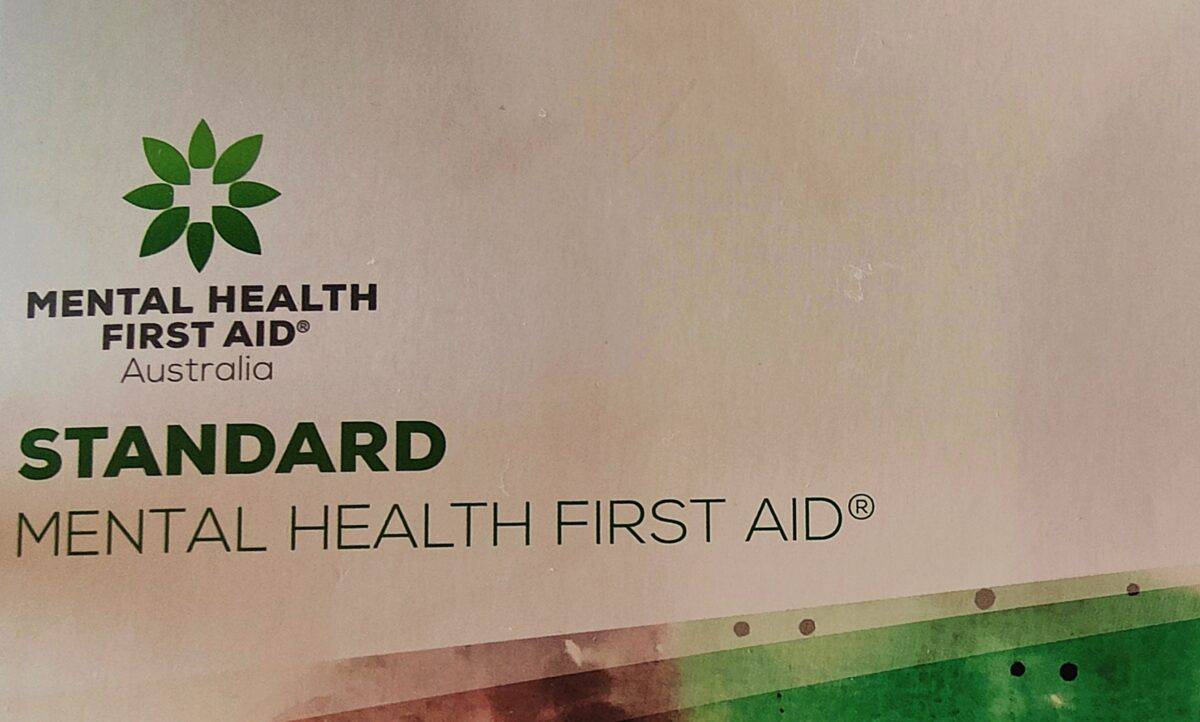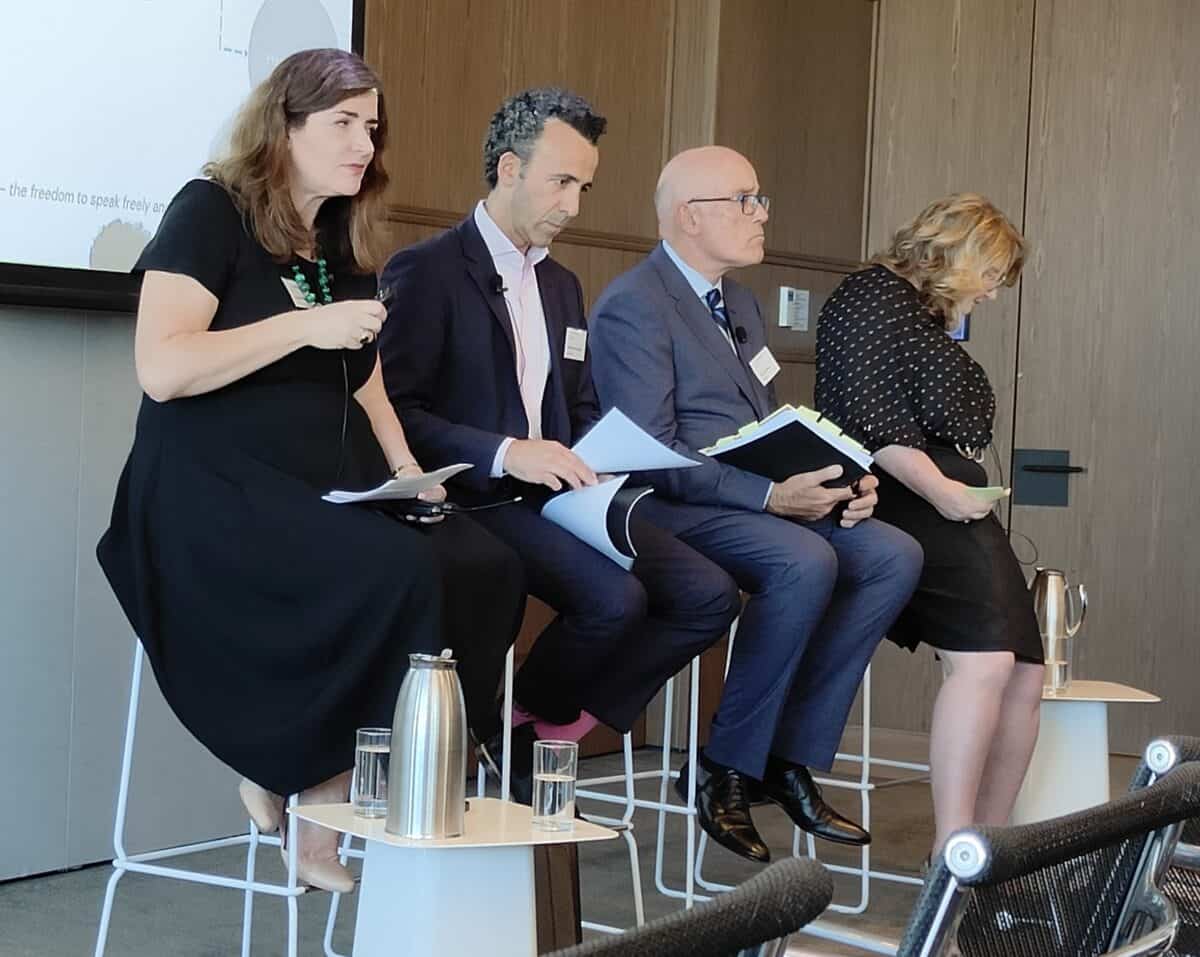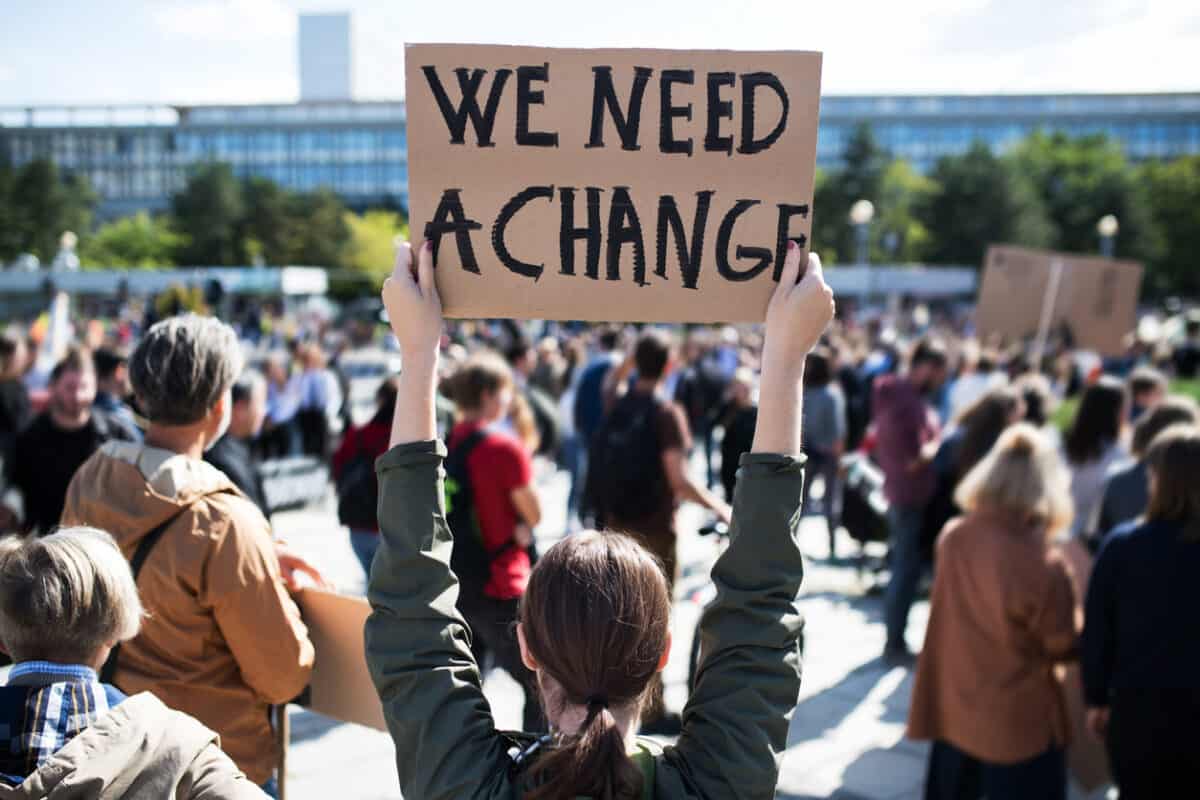UK workplace survey shows the huge misunderstanding on preventing psychosocial harm
The Chartered Institute of Personnel & Development (CIPD) has released an important survey of their members about health and wellbeing at work. Amongst many of the findings is that “Stress continues to be one of the main causes of absence” and that “Heavy workloads remain by far the most common cause of stress-related absence…” So …







